Modular Open Source Identity Platform (MOSIP) is pleased to announce its collaboration with OpenG2P, a digital public good co-founded by the Government of Sierra Leone, Mifos, and open source volunteers, catalysed by the United Nations Development Programme (UNDP).
OpenG2P is a framework that brings together a suite of digital public goods (DPGs) to enable governments and humanitarian agencies to identify, onboard, and deliver cash and non-cash benefits to people.
The COVID-19 pandemic has accelerated digitalisation in ways that were unimaginable just two years ago, highlighting the fundamental role that digital ID and government-to-person (G2P) ecosystems can play in helping a country deliver services and social assistance to its people rapidly, effectively, and responsibly. When the services that enable a digital society are delivered via DPGs – open source digital solutions that advance the sustainable development goals and do no harm – additional benefits are unlocked for countries, institutions, and businesses. Because DPGs are adoptable, interoperable, and transparent, they facilitate collaborations like this one between OpenG2P and MOSIP.
“The Government of Sierra Leone is enthusiastic for the opportunities that lie ahead through this collaboration. We are thrilled that a framework built by our local innovators and utilised in the successful Ebola payments program for health workers in 2015 is now taking a life of its own after advanced development to support COVID-19 and other development-related activities here in Sierra Leone,” said David Sengeh, Chief Innovation Officer, Government of Sierra Leone, a co-founder of the Digital Public Goods Alliance.
MOSIP will boost the vision of OpenG2P by providing stewardship to lead its technical roadmap, governance, and explore reference implementations, connecting the OpenG2P technology stack with its open-source identity management solutions. OpenG2P’s co-founder Mifos, another digital public good catalysing payment ecosystems and part of the OpenG2P framework, will continue to lend leadership to the OpenG2P roadmap, supporting the efforts to enhance related features in the Mifos Payments Hub and orchestration engine.
“Through this collaboration, we hope to embed digital identity and government-to-person payment systems within broader digital public infrastructures to improve the efficiency and effectiveness of payments to people. At the same time, we are placing human rights and privacy-first approaches at the center to make sure no one is left behind,” said Robert Opp, Chief Digital Officer, UNDP.
MOSIP’s vision is to unlock the power of digital identity by providing effective G2P frameworks that work seamlessly with the identity platform.
Speaking on the collaboration, President of MOSIP, Prof. S Rajagopalan said, “Enabling digital identity for all is the first step. Implementers of digital identity systems are driven by the motivation to seamlessly deliver services to the end users. We admire OpenG2P community’s vision for a digital public good digitising large scale cash transfers. Governments, being the largest providers of services to individuals, need effective solutions and tools at their disposal for management of their programs. We hope that with this collaboration, we can together enhance the pathways for service delivery, through an effective G2P technology infrastructure.”
MOSIP (Modular Open-Source Identification Platform) was incubated at IIIT-Bangalore as a global digital public good. The platform’s modular architecture, easy configuration, and customisation abilities, enables countries the flexibility to build their foundational digital ID systems in a cost-effective manner.
MOSIP enables countries to realise a digital identity led development and transformation agenda. Our vision is to help build a digital future, that is interoperable, inclusive and trusted.
Funded by the Bill & Melinda Gates’ Foundation, Tata Trust, Omidyar Networks, and NORAD, the platform is being adopted by the Philippines, Morocco, and Togo, and piloted at Sri Lanka, Ethiopia and Guinea.
For more information contact: info@dsti.gov.sl or visit www.dsti.gov.sl.
The Mifos Initiative is a global 501(c)3 fintech non-profit leveraging the cloud, mobile & open source community to democratise financial services worldwide and digitally transform the world’s 3 billion poor and underbanked. Mifos has pioneered open source banking technology for the past fifteen years transforming the entire sector at each major stage of evolution from microfinance to financial inclusion to digital financial service. Mifos guides the open source community, steers the roadmap, and stewards the vibrant ecosystem of organisations building solutions on top of Mifos and Apache Fineract.
Their building blocks for banking, recognised as digital public goods and digital public infrastructure to achieve the UN SDG of no poverty, make core banking commoditised infrastructure, empowering any organisation, anywhere to embed any financial service to any customer via any channel. Mifos was chosen as an MIT Solver for the 2021 Digital Inclusion Global Challenge and awarded the 2021 Banking Tech Award for Best Contribution to Economic Mobility in Banking & Finance. More than 20 million clients are reached by 500+ financial institutions across 56 countries using solutions powered by its APIs.
For more information, contact info@mifos.org.



